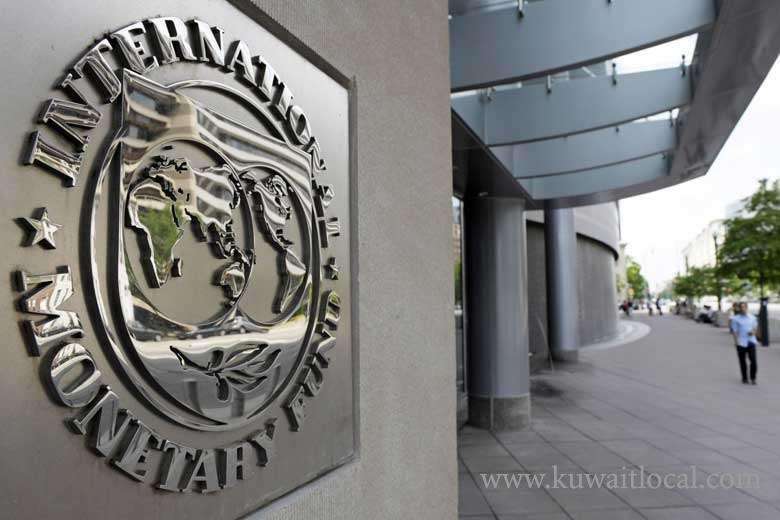Latest News
- Kuwait-Jordan Durra Field Joint Statement Rejected By Iran
- GTD Cracks Down On Vehicle Noise Pollution In Sulaibiya
- Mystery Of Dead Fish At Shuwaikh Beach Sparks Urgent Action
- MEW To Complete Links With The Interior And Justice Ministries B...
- 8 Expats Jailed For Bribing An Officer To Obtain Driver's Licens...
- Weekend Weather Is Expected To Be Hot
- From Tomorrow, Traffic Diversion On Third Ring Road
- Ministry Of Health Refute Rumors On Non-availability Of Antibiot...
- Amir Of Kuwait And Jordan King Renew Commitment To Regional Secu...
- 37 Arrested With Narcotics And Firearms
- Outrage Over Candidate's Arrest
- Six Stores Shut Down In Jahra For Selling Fake Goods
International Monetary Fund Impose Remittance Tax On Expats

The International Monetary Fund (IMF) has indicated that imposing tax on expatriates’ remittances and incomes, the possibility of which is currently under study in some Gulf countries, will lead to negative consequences especially since expatriates constitute about 90 percent of the total employees in the private sector in these countries.
In its report, IMF explained that the total remittances from GCC countries are about $ 84.4 billion annually.
Imposing tax of about 5 percent on these remittances will result in very little and marginal revenue of only 0.3 percent of the GCC GDP (or $ 4.2 billion), which is very modest compared to the financial reforms required in the GCC countries.
It will also result in administrative and operational costs that might reduce revenues and cause risks related to the repute of the country among the workers. The competitiveness of the private sector will also decline.
The report also stressed that the incomes of expatriates in GCC countries will reduce if the taxes are imposed, taking into account the fact that unskilled workers in these countries form about 80 percent of expatriates.
It added that another disadvantage of imposing the abovementioned taxes is that it will make the GCC countries undesirable for skilled workers who will prefer to look for employment options elsewhere.
This will lead to serious brain drain if the local talents do not possess the same skills as their expatriate counterparts.
SOURCE : ARABTIMES
Trending News
-
 Kuwait Implements Home Biometrics Services Ahead O...
14 April 2024
Kuwait Implements Home Biometrics Services Ahead O...
14 April 2024 -
 Kuwait Airways Provides Update On Flight Schedule...
14 April 2024
Kuwait Airways Provides Update On Flight Schedule...
14 April 2024 -
 Kuwait Airways Introduces Convenient Home Luggage...
15 April 2024
Kuwait Airways Introduces Convenient Home Luggage...
15 April 2024 -
 Expat Residency Law Amended By Kuwait Ministerial...
20 April 2024
Expat Residency Law Amended By Kuwait Ministerial...
20 April 2024 -
 Two Expats Are Arrested For Stealing From Salmiya...
17 April 2024
Two Expats Are Arrested For Stealing From Salmiya...
17 April 2024 -
 An Egyptian Expat Dies At Kuwait's Airport
11 April 2024
An Egyptian Expat Dies At Kuwait's Airport
11 April 2024 -
 Kuwait Airways Resumes Flights To Beirut And Oman...
15 April 2024
Kuwait Airways Resumes Flights To Beirut And Oman...
15 April 2024 -
 Bay Zero Water Park Kuwait: Summer Season Opens Ei...
11 April 2024
Bay Zero Water Park Kuwait: Summer Season Opens Ei...
11 April 2024 -
 Temperature Increases Cause Electricity Load Index...
21 April 2024
Temperature Increases Cause Electricity Load Index...
21 April 2024 -
 Thief Returns Stolen Money With An Apology Letter...
15 April 2024
Thief Returns Stolen Money With An Apology Letter...
15 April 2024












Comments Post Comment